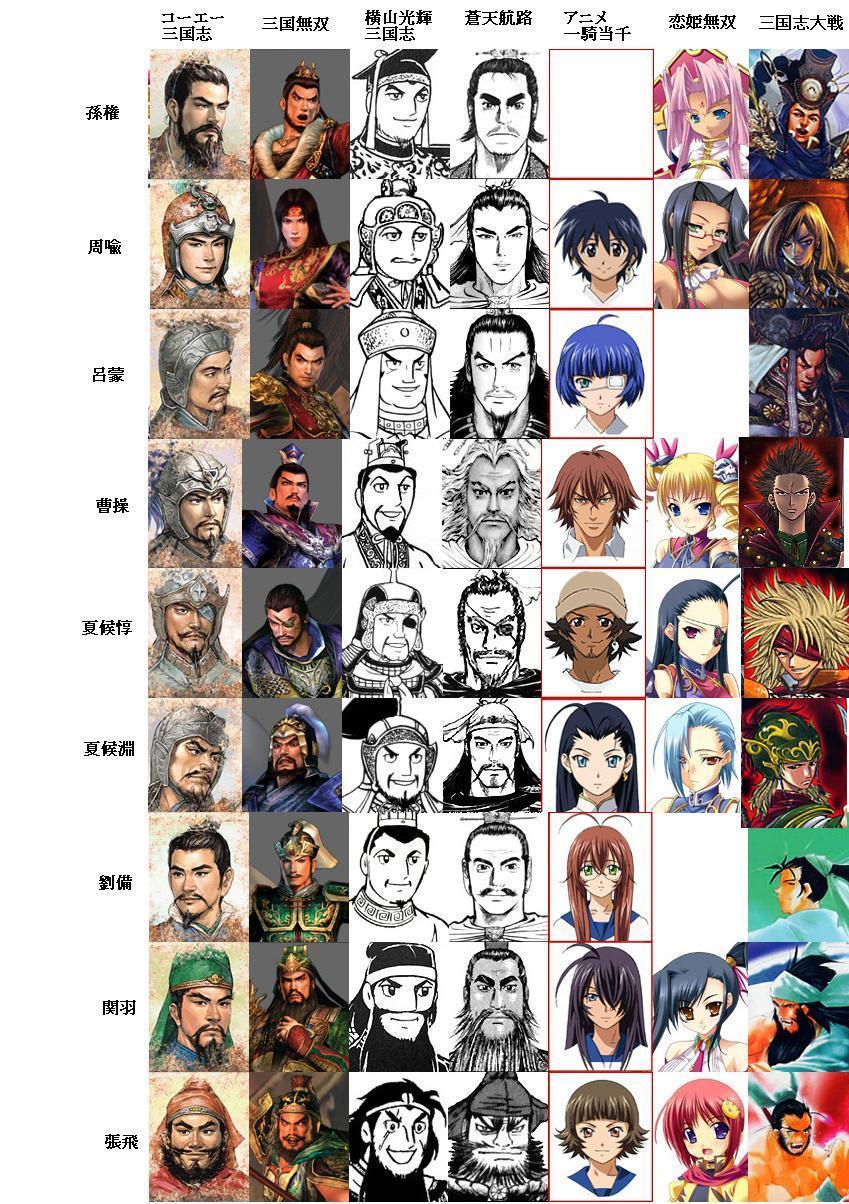With the June months pressing closer, the Spring TV and OAV season starts to draw to a close in Japan. Most of the shows you have just started to enjoy are ending too soon, and the shows you've loved to hate can't end quickly enough. With that, the new Summer season rears its head during the rainy months and starts to gnaw leaves off the Tree of Life.
As the crowds disperse from the last race, 18 new shows load up into the blocks for the next starter's gun. (H/T to chartfag for translation of the next season's synopses)

Some of these shows have already been featured in the "Maker Oudan" catalog featured before. Each title is listed with its genre, as classified by Wikipedia.
学園黙示録 Highschool of the Dead (Horror, Mystery, Action)
世紀末オカルト学院 Seikimatsu Occult Academy (School, Occult Comedy)
戦国BASARA弐 Sengoku Basara Two (Action, Comedy)
屍鬼 Shi Ki (Horror)
黒執事2 Kuroshitsuji 2 (Black Butler 2) (Drama, Supernatural, Black Comedy)
ぬらりひょんの孫 Nurarihyon no Mago (Grandchild of Nurarihyon) (Action, Supernatural)
殿といっしょ Tono to Issho (Gag Comedy, 4-koma)
伝説の勇者の伝説 Legend of the Legendary Heroes (Fantasy)
大阪ハムレット Osaka Hamlet (Comedy)
アマガミSS Amagami SS (Drama, Romance)
オオカミさんと七人の仲間たち Ôkami-san to Shichi-nin no Nakama-tachi (The Wolf and her Seven Friends) (Romantic Comedy)
みつどもえ Mitsudomoe (Comedy)
ストライク・ウィッチーズ2 Strike Witches 2 (Military Science Fiction)
あそびにいくヨ! Asobi ni Iku Yo! (Let's Go Play!) (Science Fiction, Romantic Comedy)
生徒会役員共 Seitokai Yakuindomo (School Comedy, 4-koma)
祝福のカンパネラ Shukufuku no Campanella
セキレイ Sekirei: Pure Engagement (Action, Harem, Romantic Comedy)
Digimon Xros Wars (Action)
To put it bluntly, horror wants to dominate the season (Highschool of the Dead, Shiki), but the romantic comedy genre (Mitsudomoe, Asobi ni Iku Yo!, Ôkami-san) doesn't want to let go of its grip on TV. Sequels are also surprisingly high on the list, as Digimon is likely going to capitalize on the end of the Pokemon TV franchise.
Also high on the list? GACKT. Yes, the flamboyant soloist will be voicing characters in both Shi Ki and Tono to Issho, which might result in spikes in popularity.
Sadly, nothing really seems to jump out and grab my attention, but that could change once the TV season's cycle is set in motion. Best guess? Nurarihyon no Mago captures the most attention due to its attachment to the Shonen Jump franchise, just in time for Bakuman to light the airwaves on fire in the Autumn cycle.


